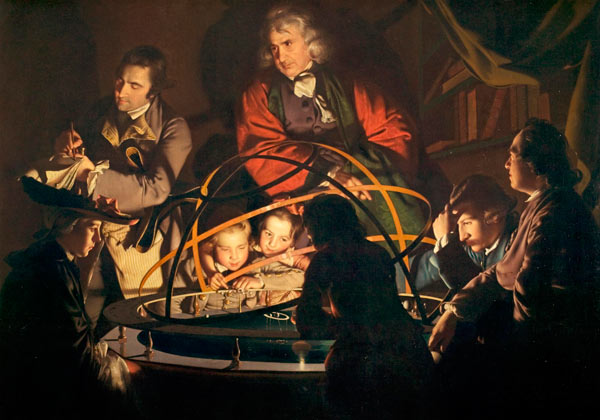Spiritual Sunday
Before sharing today’s poem, I take a side-glance at Barack Obama’s prayer breakfast reflections, which the usual suspects are attacking. The president is being accused of smearing Christianity, but a post I wrote a while back on Uncle Tom’s Cabin bears him out.
In case you didn’t hear about the comments, Obama said that we should never judge a religion by its extremist elements. If we were to do so, we would need to dismiss Christianity no less than Islam:
Lest we get on our high horse and think this is unique to some other place, remember that during the Crusades and the Inquisition, people committed terrible deeds in the name of Christ. In our home country, slavery and Jim Crow all too often [were] justified in the name of Christ.
Harriet Beecher Stowe makes it clear how often slave owners quoted the Bible in defense of their ownership of other human beings, even as she also makes a Christian case against slavery. Nor, as the president notes, did using the Bible to justify discrimination end with slavery. Growing up in the segregated Tennessee Bible Belt, I heard people claim that African Americans were black because they bear the curse that Noah bestowed on his son Ham.
And now to another issue that riles up the Christian right: evolution.
Robert Barasch, a regular reader of this blog, wrote to me about how he came to write “Miracle, Anyway” (2003). At 37 he went back to school to take a zoology course and found himself fascinated by the origins of life:
These early organisms, consisting mainly of alimentary functions, moved through their world staying alive by partaking of nourishment, processing it, and moving the waste out. Along the way these tube-like structures changed (in some individuals) to include gills where there had been only perforations. These in turn evolved into mandibles, fins, air bladders, and lungs, and along the way we had fish, amphibians, primitive hominids, and finally us. All this, according to Darwinian theory, occurred without being directed.
I love how the poem reminds us that, in our impassioned debates about creation, we sometimes lose sight of “the damn wonder of it” (to quote Lucille Clifton’s “the inner child”). These include those “Darwinites” who militantly refuse to consider the possibility that life has a spiritual dimension and those “designerites” who just as militantly insist on reducing creation to their own simplistic formulations. When terror of the unknown rules people’s theories, then “all discussion, all wisdom, all art, all science” are indeed put at risk.
Barasch answers these debates in the same way that e. e. cummings describes the universe responding to the philosophers, scientists, and theologians who seek to uncover its secrets: “thou answerest them only with spring.” In “Miracle, Anyway,” they are answered by life’s “unassailable thankfulness.”
“Thankfulness” is not a word that scientists generally use, just as creationists don’t have a very good explanation as to why God would keep tinkering with creation. Yet Barasch captures both the marvels of evolution and the passionate way that life seeks that which is beyond itself, eventually taking a form that “hungers for the moon.” Again quoting from his note,
I think I have always been aware of the contingencies surrounding individual lives, hence terror and existential anxiety. How could one not be appreciative of the obstacles each of us has overcome? It seems miraculous to me.
Here’s the poem, which appeared in the literary journal Confrontation:
Miracle, Anyway
By Robert Barasch
Say Darwin was right,
that the busy muscles I saw working
on the sigmoidoscope monitor
were performing their ancient task
of pushing casts down and out
while the front end was gobbling aliment
and moving forward to new ground,
that front end grown articulate
with new mouthparts to sample,
to explore and extract, to chew
and spit and make sounds,
having grown an organ of memory
for returning to choice places,
pulling the new partners along,
using the heart, lungs, and other additions
to go further and further,
the simple ameba and the complex worm
grown into the giant with the tongue
that reaches, that tastes, that speaks,
that hungered for the moon.
Say Darwin was wrong,
and the designer of the miraculous tube
saw it was good and could be better,
starting simple, adding complexity
until there were more parts than we can count.
Say Darwinites are terrified at the thought
of a source of knowledge beyond their ken;
say designerites are terrified at the thought
of no mind beyond our own.
Say terror rules all discussion,
all wisdom, all art, all science.
Say those simple tubes know no terror –
only fleeting dissatisfactions
that flicker and fade
in the seamless fabric
of their voraciousness and motility
and their unassailable thankfulness.


